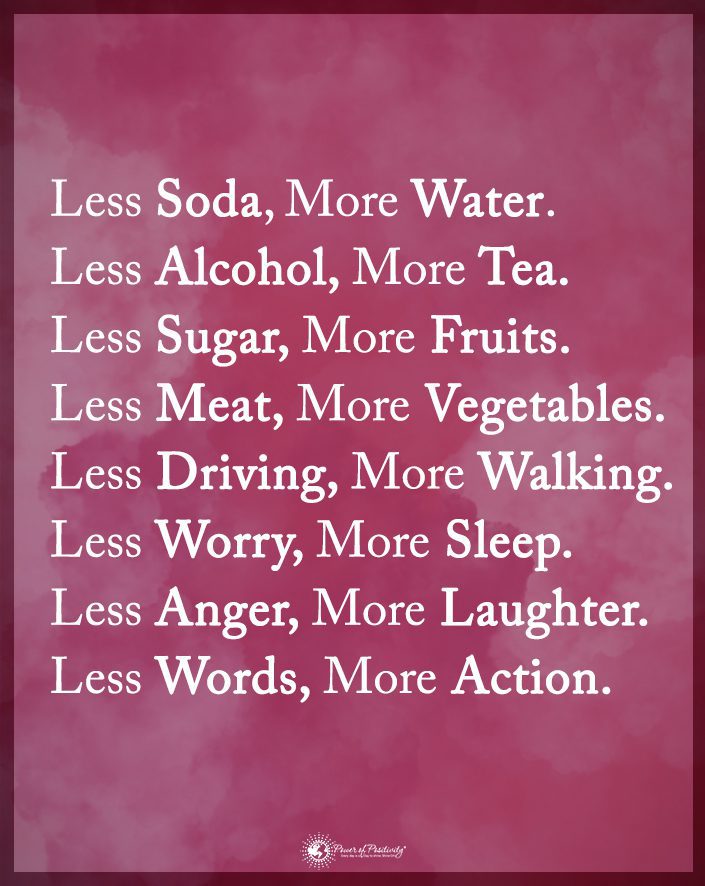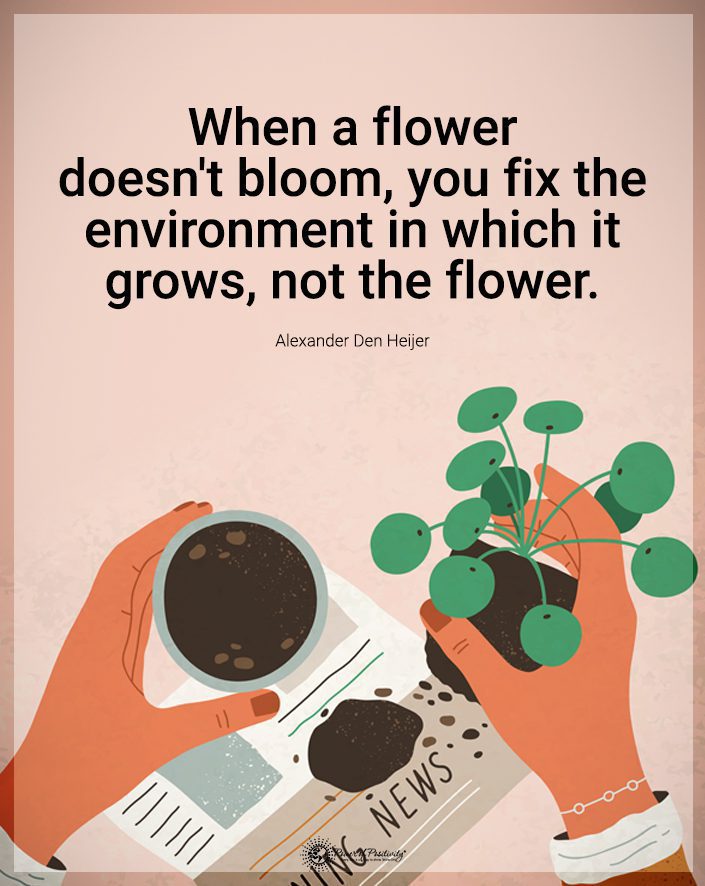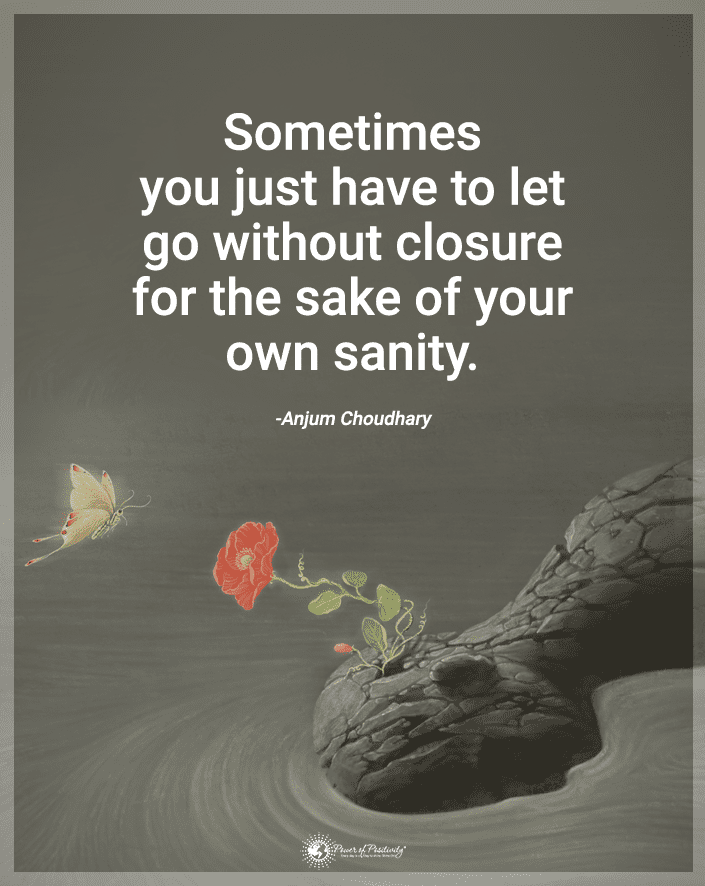A controlling person exhibits hidden manipulation behaviors that you might not recognize immediately. While you might envision an aggressive person, that’s not always the case. There are other subtle signs that someone might be manipulative you might not know about. In fact, these hidden manipulation behaviors speak volumes.
All relationships, romantic or otherwise, involve some social influence. However, no one should have control over aspects of your life. They shouldn’t want to change you or the things you love, either.
Remember that this situation doesn’t only affect romantic relationships. You can experience hidden manipulation behaviors from your friends, family members, your boss, or anyone else in your life.
Once you recognize the hidden manipulation behaviors that reveal a dominating person, you can learn how to deal with it. No matter the reason for this behavior, it’s not okay, and you should find a way to overcome it.
How a Manipulative person Controls People
A manipulator wants to use people for their benefit. They create a power imbalance and use other people to serve their agenda. They use psychological manipulation to take control over you and your life.
A controlling person wants to have power and make you ask for benefits or privileges. When this happens, it’s safe to say that the relationship is unhealthy. They want control over the details of other people’s lives, crossing a line into abusiveness.
If someone makes you feel embarrassed, inconsequential, or humiliated, it’s time to reassess. Think about your relationship with them and if they behave in the ways mentioned below. If you can identify the hidden manipulation behaviors, you can protect yourself.

Fifteen Hidden Manipulation Behaviors
These hidden manipulation behaviors can help you identify a dominating person in your life. You deserve people who love you for who you are and want the best for you. The following manipulation behaviors show that someone only wants to use you for their benefit.
1. They Do Favors, But Hidden Manipulation Expects Something in Return
A controlling person will do nice things for you, even when you don’t ask them to do it. However, they’ll expect a favor in return. If you don’t do what they want, they’ll make you feel guilty and continually remind you of what they did for you.
Once you repay one favor, they’ll continue the cycle and keep you indebted to them. They’ll also bring up the favors, sometimes listing them all, anytime you don’t give them their way.
2. They Pressure You Before You’re Ready
A manipulator controls you by pressuring you to decide before you’re ready. They give you little time to think things through, sometimes demanding an immediate answer. It’s their way of forcing you to do what they want because you don’t have time to consider the alternative.
3. They Only Want to Meet in Their Space
Dominating people prefer to meet where they are comfortable. They’ll choose places they feel in control, allowing them to dominate you. These areas might include their office, home, car, or any other space they own.
If they can’t meet you in one of these places, they’ll choose another spot where they’re comfortable. You’ll notice they always decide on a place you’re unfamiliar with.
4. Hidden Manipulation Pretends Not to Understand
Manipulative people often pretend ignorance, acting like they don’t understand what you want. They’ll pretend they don’t know what you want them to do or what they should do.
When they behave this way, it forces you to take on their responsibilities with yours. They also do it to make you uncomfortable or upset.
5. They Give Negative Information Without Warning
A dominating person will spring negative information on you without warning. They do it this way to disrupt your balance and gain an advantage.
Sometimes they’ll return on a deal they agreed to, but only after receiving what they wanted. Or, they’ll do it as you’re already working on your end of the deal.
Other times, the person will surprise you with the information that they can’t do something they said they would. They often give this information at an inconvenient time, such as at the last minute. This type of person doesn’t want you to have time to prepare for a change.
6. They Act Like the Expert on Everything
These people act like they’re more knowledgeable than others. They frequently tell people facts, statistics, and information that not everyone knows. You’ll notice that they only do it when it can give them an advantage over others.
Manipulative people use this tactic in financial, professional, and personal situations. They want to gain power over you by making it seem like they know more.
7. They Want Everything Their Way
If someone in your life won’t compromise on even minor issues, it’s a hidden manipulation behavior. They want you to wear what they like and do what they want. What you need or want won’t matter because they want everything their way.
8. Hidden Manipulation Does Not Admit to Blame
A manipulator typically refuses to accept blame. They don’t want to admit when they made a mistake, even when the situation is their issue. No matter what occurred, they refuse to accept blame.
Sometimes they’ll even blame you for causing them to make a mistake. The person will say you distracted them or interfered in some other way. Other times, they’ll blame you for things you weren’t even present for.

9. They Keep Pushing Even After You Say No
A dominating person isn’t good at accepting healthy boundaries. Even after you say no or clear your feelings, they’ll keep pushing and trying to change your mind.
This person won’t care about the situation or why you’re saying no. They all care about getting their way no matter what it takes.
10. Manipulative People Give the Silent Treatment
Someone who purposely ignores you is likely a controlling person. They’ll not respond to your phone calls, text messages, emails, or other methods of communication. It helps them feel superior because it makes you wait on them.
They also like that it places uncertainty in your mind, making you doubt yourself. These people use the silent treatment to gain control over you.
11. They Tell Mean Jokes to Make You Feel Weak
Manipulators make rude comments disguised as humor. They know these comments will upset you, and they do it to make you feel inferior and insecure. If someone makes mean jokes and makes you question yourself, you must find a way to handle it.
Controlling people to behave this way makes you look and feel bad. Some of the things they comment on include your:
- Appearance
- Possessions
- Education
- Credentials
- Background
- Fitness level
12. Hidden Manipulation Distorts the Truth
A dominating person manipulates the facts to distort the truth. They deny your reality and gain power with dishonesty. Some of the things they do include:
- Lying
- Making excuses
- Being two-faced
- Withholding information
- Exaggerating
- Understating
13. They’re Unpredictable and Moody
You never know what a manipulative person will do next or how they will behave. They keep you guessing so that you stay focused on them. Their moods change drastically, causing you to question where you stand with them.
14. They Raise Their Voice and Exhibit Negativity
Controlling people often raise their voices during discussions. They think that if they speak loudly or exhibit negative behavior, you’ll give in to what they want. These people will also likely stand during the discussion or use animated gestures.
15. They Do Anything to Be the Center of Attention
A manipulative person always wants to be the center of attention. If you experience a victory, they’ll rush in to try and upstage you. They also create drama to get people to pay attention to them.
If you talk about something exciting, they’ll overshadow it with their life issues. They’ll change the subject and talk about something that went wrong for them. When they do this, they’re trying to get you to feel bad for them, ruining your moment.
Tips on How to Handle Manipulative People
At some point, everyone deals with a manipulative person who wants to control their life. Whether it’s your boss, a family member, a friend, or your spouse, you must learn how to handle it. If one method doesn’t work, try the next, and keep going until you achieve the desired results.
If the behavior is manageable, you can talk to the offender. Tell them how you feel, avoiding placing blame. If talking to them doesn’t work, try the following:
- Walk away until they calm down
- Refuse to give in
- Stop reading the text messages or emails they send
- Set and enforce boundaries
- Be clear about what you think is happening
You might need to end the relationship if nothing seems to ease the situation. You deserve happiness, and the people in your life shouldn’t interfere with that. If you can’t eliminate it, limit your time with that person or ensure there’s always a third-party present.

Final Thoughts on Hidden Manipulation Behaviors That Reveal a Controlling Person
If someone makes you feel bad about yourself, it’s a sign of hidden manipulation behaviors. Please don’t ignore your feeling because It’s there for a reason.
These behaviors can help you identify a controlling person in your life. Don’t let the situation continue, or it’ll create more significant issues in your life. You deserve people who care about you, so don’t settle for anything less.


















